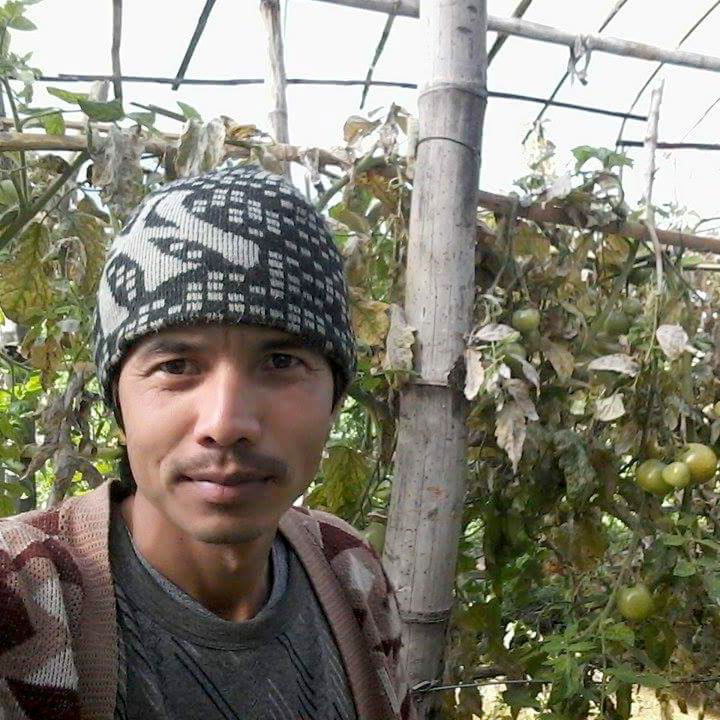Impact stories
In rural Nepal, barriers for people with a disability are being broken down through International Nepal Fellowship's Community Based Rehabilitation program.
In the Kaski, Parbat and Baglung districts in Western Nepal – as in many rural parts of the world – it can be very difficult to live with a disability. The Community Based Rehabilitation program addresses these difficulties through improved access to public health services and schools. It also develops self-help groups to provide livelihood opportunities for people with a disability.
The program trains health professionals in disability care, and how to transfer these skills to people with a disability and their families. This simple physiotherapy support can make the difference between someone with cerebral palsy, for example, being able to walk where previously they could not. The program further works with local public schools to ensure they are accessible and supportive to children with a disability.
Through existing Disabled Peoples Organisations, the program has established 51 self-help groups for people with a disability and their carers. Groups work together to improve their livelihoods by pooling their collective savings, and receive training opportunities and leadership development.
Karna became a member of a self-help group four years ago. As a child, he developed a shorter right leg and was unable to attend school due to his disability and his family's poverty. After receiving livelihood training, Karna received a loan from his self-help group and began a goat keeping business, as well as vegetable production in a greenhouse. He now has 15 goats and earns a sustainable income for each season of vegetables he produces. He has repaid the initial loan and the income he is earning pays for his children's education.
International Nepal Fellowship is supported by the Australian Government through the Australian NGO Cooperation Program.

